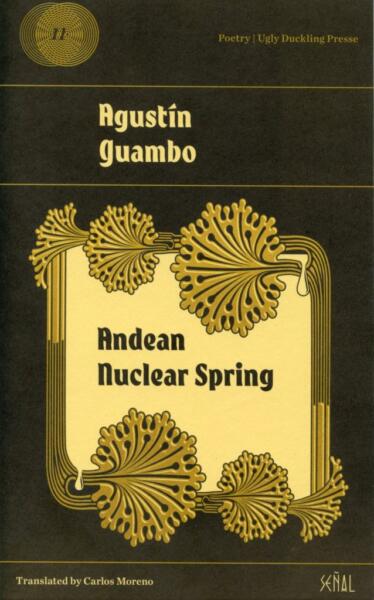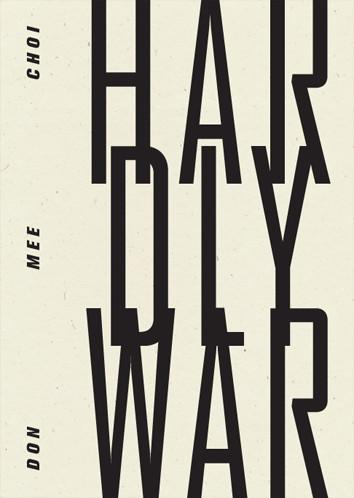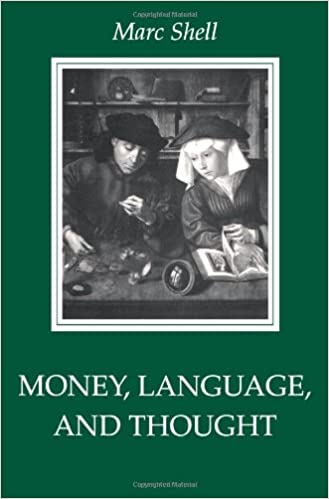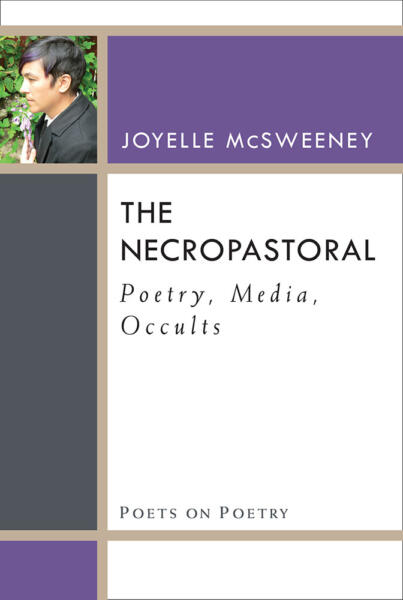1.
Last week I argued against the “gold standard” of the “voice that is great within us,” that stable interiority that necessitates and is necessitated by the dominant ideal of “communication” – or the direct contact between interiorities. And I suggested that the phrase “gold standard” was a pervasive metaphor that linked fears of inflation and fears of immigration. In both cases, there are proliferation and disturbances in the exchange. But it doesn’t just relate to rightwing paranoia. There are implications for the poetry establishment’s need for prizes, and prizes’ need for other prizes. And most importantly for the purposes of my series of articles on this blog, it explains the US establishment’s anxieties about translation and translingual writing: the charges of kitsch, secrets and counterfeits comes from this anxiety about the foreign that enters into, troubles and undermines the gold standard – of self, interiority, communication.

2.
A couple of weeks ago I wrote about Agustin Guambo’s Andean Nuclear Spring (translated by Carlos Moreno, Ugly Duckling Presse). In the afterwords to that chapbook, Moreno writes: “The work of translation will always entail and generate spaces of fragility.” He argues that this fragility comes from the possibilities of different word choices. As any immigrant/bilingual person knows, language is always swarming with alternatives. One language always breathes down the neck of another, intermingles with another, makes nonsense of another. The “barn” full of animals becomes a “child” full of animals.
3.
This idea of the interlingual text as a “fragile space” – where words and phrases proliferate, cross and permutate across languages – is extremely evocative to me. It’s a space of nonsense and glitches, potentialities and possibilities. It reminds me of the “vibrational wounds” of language – how words in one language became words in another language – that I wrote about in my first post about translingualism. Like I wrote last week, it reminds me of when Catherine Clement writes about a syncope, a fainting moment where the self is lost. But instead of (or in addition to) the ego, I’m talking about another gold standard – the monoglossic illusion of language. In the translingual night, languages infiltrate and infect each other.

4.
This morning I looked through the anthology in which I first published the piece about “vibrational wounds” – Freily ausgefranst (eds Hawkey and Wolf) – and came on this passage by another poet included, Don Mee Choi: “In Hardly War (2016), I explored what the language of wound might sound and look like.” She continues by noting her incorporation of images and “translingual punning” as a way of “disobeying history, severing its ties to colonizing power.” Choi makes the English language fragile: the Korean resonances enter into the English through “translation mistakes” and homophonic puns.
5.
In her essay in Freily ausgefranst, LaTasha N. Diggs makes a similar connection between politics and translingual writing. She explains: “What I attempt presently within the territory of translingualism still insists upon a somewhat absolute non-reliance on literal meaning.” This might cause someone to ask her: “Who own the copyrights?” This prompts Diggs to reply that it’s her “pleasure” that leads her, and then prompts her to recount a short history of the politics of language. The idea of a “copyright” is the desire to keep things singular, controlled, what Bataille described as a functionalist desire to “balance accounts.” Ownership as a model for the poem. Against this balancing of accounts, this ownership society, Bataille proposed – like Diggs – “pleasure.” But clearly pleasure for Diggs is not the beautiful pause from history that the term might entail. Pleasure makes a vibrating wound where history leaks in.

6.
Bataille’s insistence on a non-utilitarian aesthetic – an attack on “balancing the accounts – brings us to economics, to “the gold standard.” In response to reading Transgressive Circulation, the poet and translator Aditi Machado told me about Money, Language and Thought by Marc Shell. Shell argues that we think through a framework of money. Looking back on the 19th century, he writes:
“The distinction between substance and shadow in monetary and aesthetic theory affects the understanding of symbolization in general and of linguistic representation in particular. With the advent of paper money certain analogies, such as “paper is to gold as word is t meaning” came to exemplify and to inform logically the discourse about language. For example, critics called for a return to gold not only in money but also in aesthetics and language.”
What does it mean to return to gold in “aesthetics and language.” Is it to speak in a great voice from within, with the sense that words mean what they claim. They will not betray you.
7.
But of course, the words will betray you. Over and over again.
More from Shell:
“What does matter in considering whether a coin is genuine or counterfeit is the issuing authority. A coin as money is counterfeit when the stated place of origin does not correspond to the actual place of origin… Whether a coin is counterfeit, then, may be determined by discovering its issuing authority, or its origin.”
We might say that translingual writing loses the illusory “origin” and its “authority.” It makes the writing weak, susceptible to counterfeiting.

8.
I am reminded of the way Joyelle describes the great Korean avant-gardist Yi Sang’s use of puns (often sexual, obscene):
“In this most infamous of acts, then, Yi Sang was trafficking in the bad money of Art, Art as cash with an unstable relationship with the hoard of meanings…”[1]
Here the puns – especially the obscene puns – become a kind of counterfeit, “bad money.” Yi Sang had no “great voice” from inside, but a voice that was constantly making the authoritative language uncertain with its secrets, games and nonsense. Yi Sang was counterfeiting the language of the Japanese empire. That counterfeit force is the force of poetry.
9.
Translingual poetry makes language weak, turns “the voices that is great within us” into many voices – some of which may be from without, some of which may infect, some which may be infected. The accounts don’t balance.
10.
But what’s the point? Why would we be interested in weakening language?
We might weaken our poetry so that it will be less hegemonic, less set on making foreign literatures secondary, lesser, kitsch. We might do this for political reasons, we might do it to open up our literature to exciting new (and old) ideas. I’m drawn to this space. To be immersed in a language that doesn’t communicate stably can be strangely beautiful. Foreign words with meanings that are slightly off, glitched, not-quite-aligned; words that one’s mouth cannot quite make. But also, those foreign words can make one’s supposed “mother tongue” feel weird in one’s mouth. The language feels beautiful precisely because it’s not “the great voice” from “within.” The language is beautiful because it becomes anarchic, undermining easy distinctions of “within” and “without.” The authority and origin are confused in this syncope of language. The language vibrates. It’s a beautiful betrayal.
[1] from The Necopastoral by Joyelle McSweeney
Johannes Göransson is the author of four books with Tarpaulin Sky Press — Entrance to a colonial pageant in which we all begin to intricate (2011), Haute Surveillance (2013), The Sugar Book (2015), and Poetry Against All (2020) — in addition to three previous collections of poems: A New Quarantine Will Take My Place, Dear Ra, Pilot (“Johann the Carousel Horse”) He has also translated several books, including Aase Berg’s Hackers, Dark Matter, Transfer Fat, and With Deer as well as Ideals Clearance by Henry Parland and Collobert Orbital by Johan Jönson. @JohannesGoranss